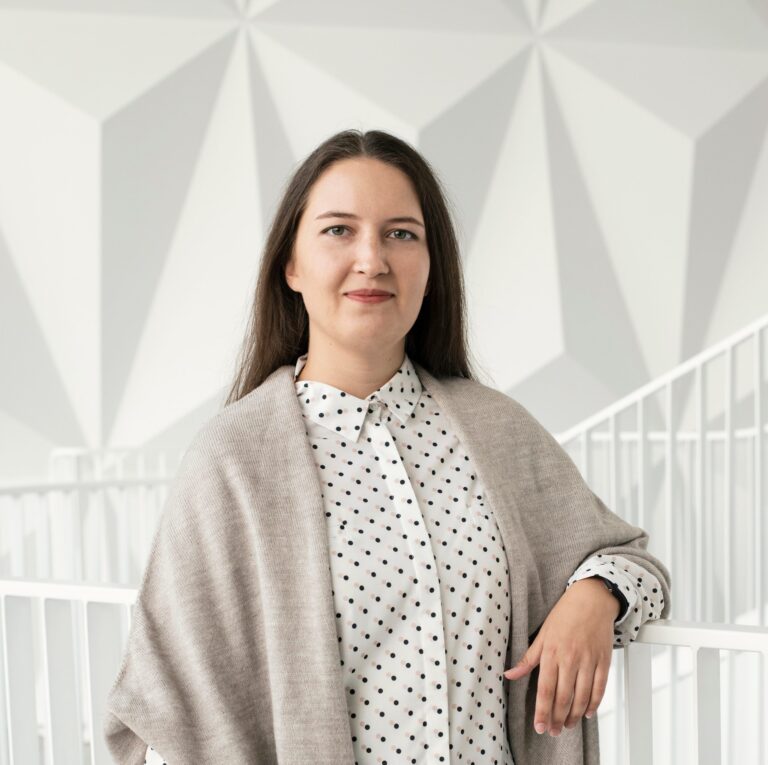Kurkime modernią Lietuvos ateitį kartu
RegistruotisEnvironmental Protection Department under the Ministry of Environment
Application of webcrawling method in the Environmental Protection Department activities
Problem
The State Forest Office collects around 1,000 tonnes of waste per year in Lithuanian forests, and the ‘Darom’ campaign in Lithuania collected another 770 tonnes in 2021. This is equivalent to the weight of around 12 blue whales – the largest animals on the planet – or the weight of around 90 two-storey, 200 sq. m frame houses. In 2021, the Department of Environmental Protection of Lithuania confiscated 50 kilometres of prohibited nets from poachers – enough to stretch across the entire municipality of Neringa from the Maritime Museum to the Lithuanian border with Kaliningrad. And if we keep up this pace in the upcoming years, in 30 years’ time we could have the whole of Lithuania covered in poaching nets. Globally, this is one of the causes of the huge problem: according to some projections, which you can view interactively, the world’s waters could be fishless by 2048.
The problem this project is trying to solve is multifaceted. Today, the Internet is a marketplace for the sale of protected and invasive species, prohibited hunting and fishing gear, the transport and management of waste and sewage, the repairing of cars without the necessary permits, and the exploitation and sale of fossil natural resources without the right to do so. And it is not a permanently (24/7) supervised space. The monitoring of the classifieds portals is difficult for the Department of Environmental Protection’s specialists and is currently manual and irregular, although the number of ads is increasing daily. This makes it difficult to ensure sufficient human resources to search the ads and to use the officers’ competencies effectively. The other side of the problem is that, to some extent, the population is not in a position to easily make an informed and correct decision when choosing goods and/or services online. For example, waste carriers who advertise on the internet often not only do not have the right to collect and/or manage waste from the public, but also do not manage the waste themselves, but dump it in forests and roadsides. You can see for yourself – try calling waste carriers who advertise on advertising portals and ask if they are registered in the mandatory State Register of Waste Managers (SRWM), i.e. if they have an SRWM code, and see how many will hang up immediately. Another example would be plants, animals, animal skins, stuffed animals, horns, etc. being sold on internet classifieds – are you sure that these are not species listed in the national list of endangered species – the Lithuanian Red Book?
Goal
The goal of the project is to speed up and automate the search for potentially illegal advertisements by using webcrawler, thus improving the conditions for the Department of Environmental Protection to perform its function of environmental control in an expeditious, efficient and qualitative manner.
Project progress
2022/09/30
Project one-pager prepared
2022/10/21
Analysis of the current situation and the best practices
2022/11/04
List of keywords, ad search areas and priority ad portals created (confidential information)
2022/11/15
Agreement reached with Oxylabs, the developers of the technology solution (contract confidential)
2022/12/03
Raid with environmental protection officers to see their daily challenges and potentially see individuals who trade prohibited fishing and hunting gear online
2022/12/21
Agreement reached on cooperation with Lithuania's most visited classifieds portal (agreement not published)
2023/01/09
Development of webcrawler tool started
2023/02/20
A new category for waste collection services was created on skelbiu.lt
2023/02/28
Guidelines for future work prepared
Result
Development of the webcrawler tool has started and a new category for waste collection has been created on skelbiu.lt. The continuity of the project is ensured by the team of the Department of Environmental Protection.


